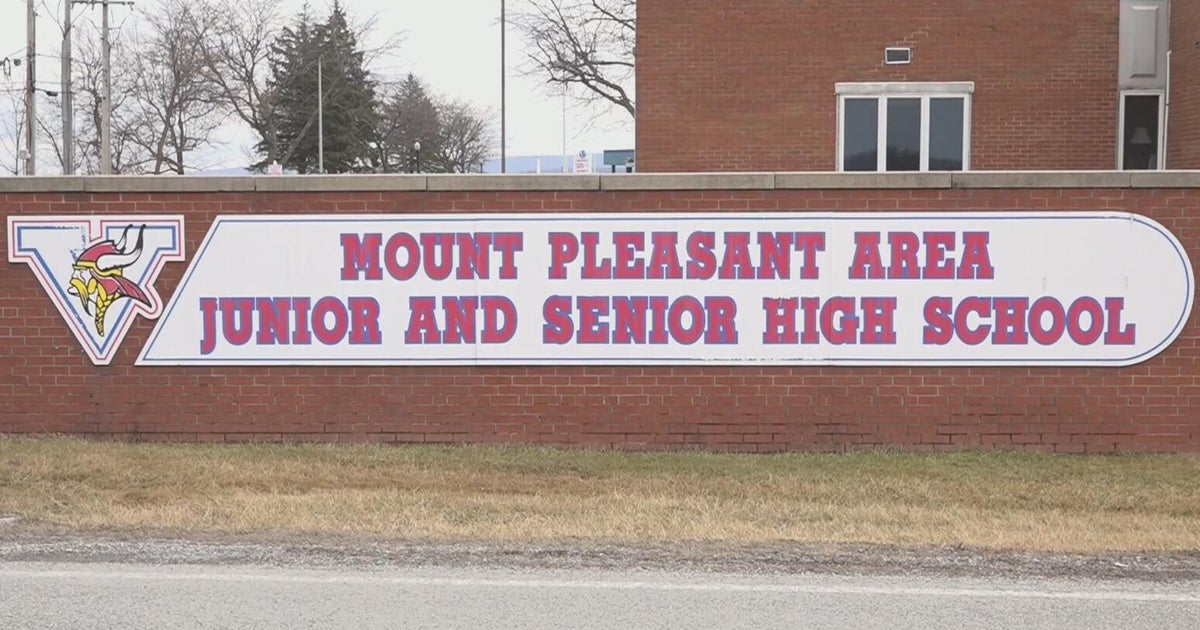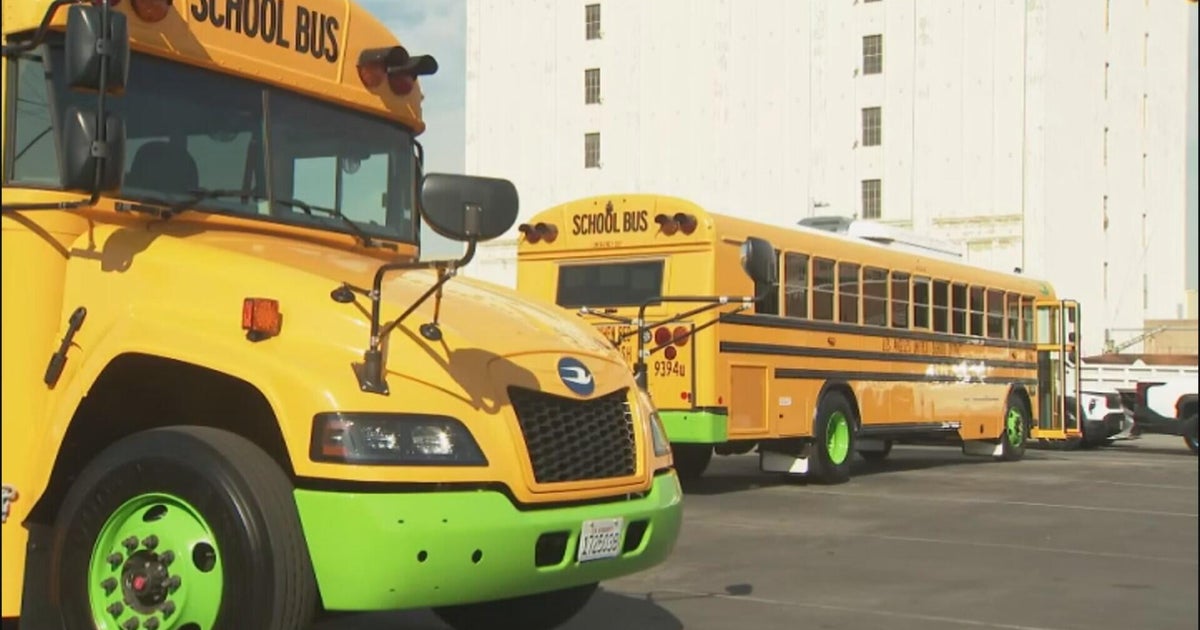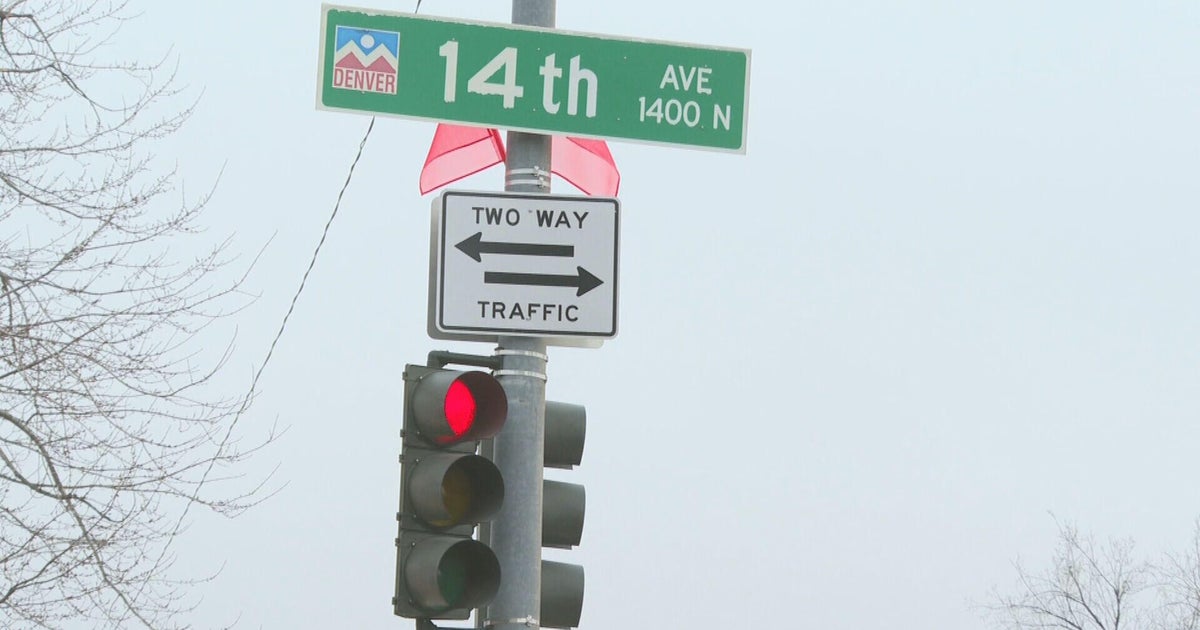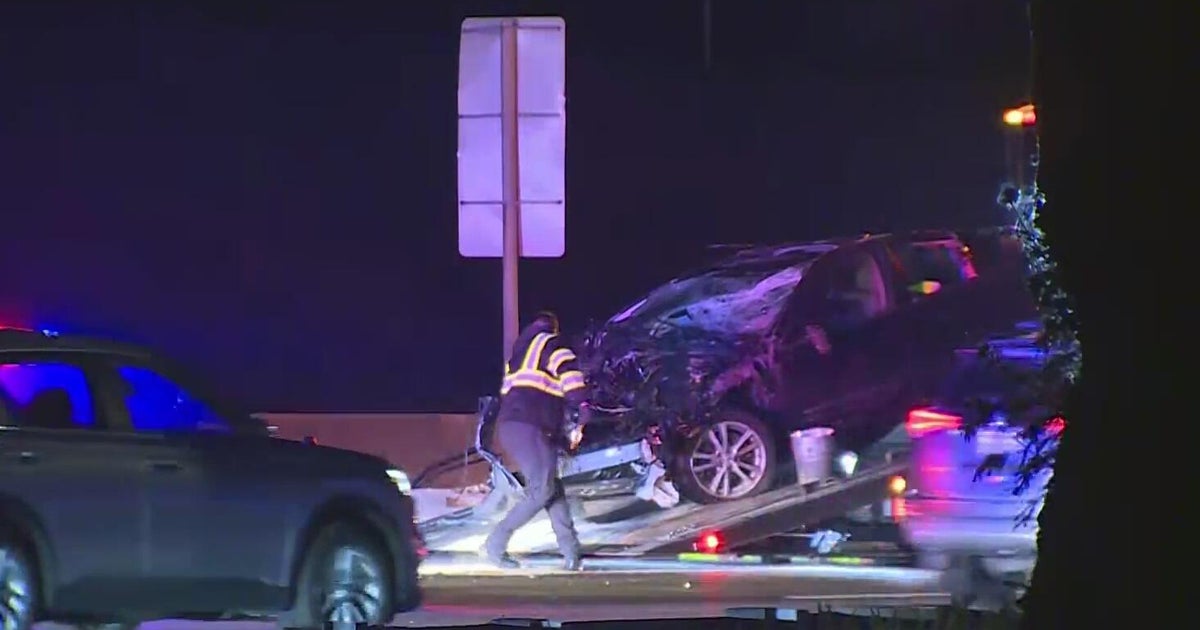Pittsburgh Public Schools considering using cameras to catch drivers passing stopped buses
PITTSBURGH (KDKA) - Pittsburgh Public Schools is considering adding cameras to its buses in hopes to stop drivers from speeding by when the bus stop arm is down.
PPS partnered with Bus Patrol earlier this year for a pilot program, learning there were 553 violations from May 1 to June 12 with cameras on 19 of its buses.
Bus Patrol is a tech company that installs cameras on buses and uses artificial intelligence to identify violations.
The cameras capture a driver's license plate and, with the help of local law enforcement, will send a driver a citation and $300 for not stopping.
PPS said the data from Bus Patrol will hopefully not only stop drivers from driving by a stopped bus but will help the district learn which areas are the most problematic to help make bus stops safer for its students.
"We'll be able to go out and then investigate and possibly move stops around and change routes to different roads to figure out ways to make it safer," said Mike McNamara, chief operations officer for Pittsburgh Public Schools.
If the school board approves the partnership, 161 buses in the district will have the cameras installed.
"We just want the people in the city to realize that if you're driving in the city and you pass one of our buses with the stop arm out, you will get a ticket," McNamara said.
The executive vice president of Bus Patrol, Steve Randazzo, said since the program launched in 2017, data shows 17 million vehicles drive past stopped school buses each year nationwide.
'We've seen a rise in distracted driving, people who are texting and driving," Randazzo said. "There's no shortage of bells and whistles that our cars come equipped with as a standard and then even lately, just coming out of the pandemic, there's been some research showing that people seem to be driving more erratically, so this comes as a real tool to the infrastructure of a school bus and protecting our most precious resource -- our kids getting on and off the school bus every day."
Randazzo said the program comes at no cost to school districts.
"The cost of the program is paid for by the revenue from the citations," McNamara said.
"The state receives $25 per violation. The local law enforcement that's helping to review the violation, they also get $25 and then the school has the ability to contract out with a vendor and the school will receive the remaining $250," Randazzo said.
The school board will vote on using Bus Patrol at the end of the month.







